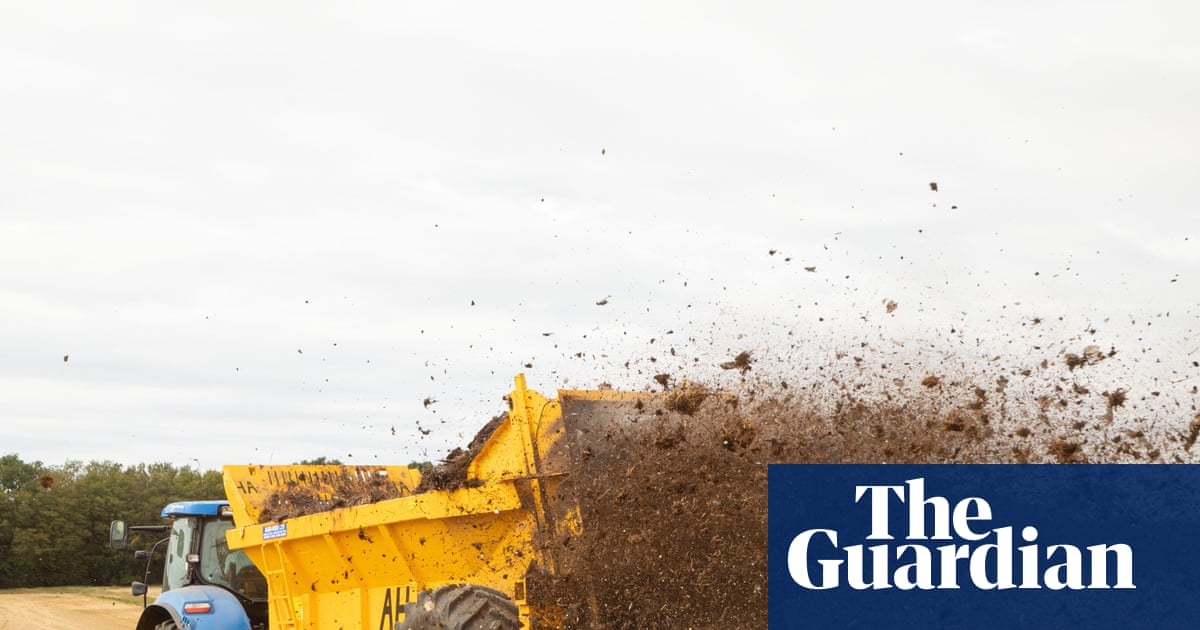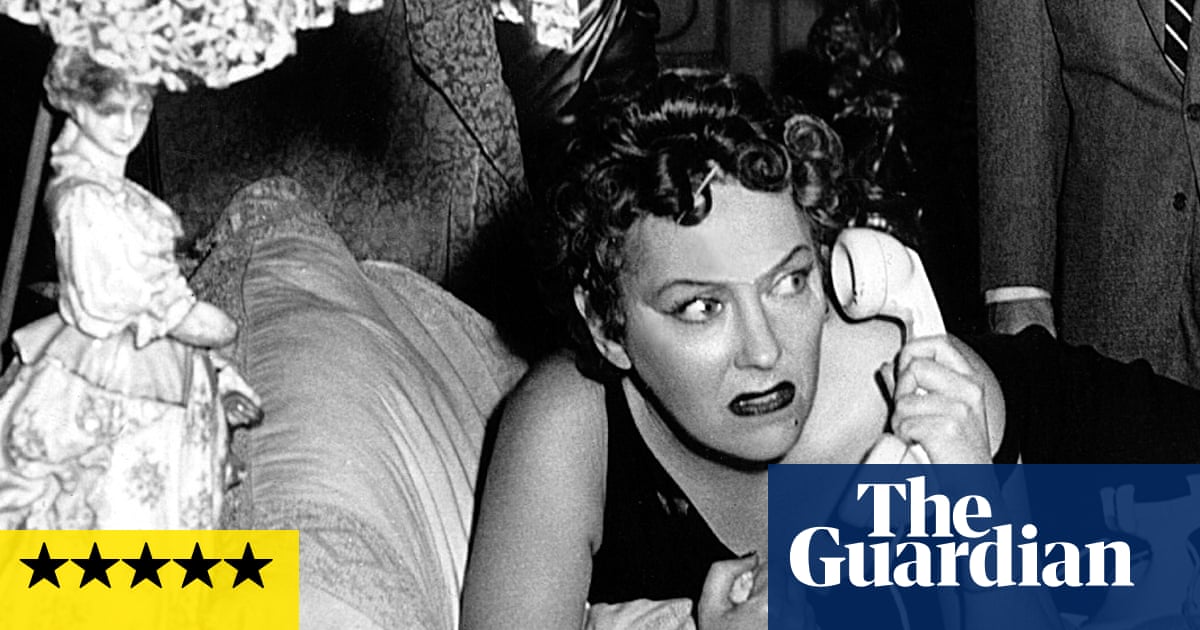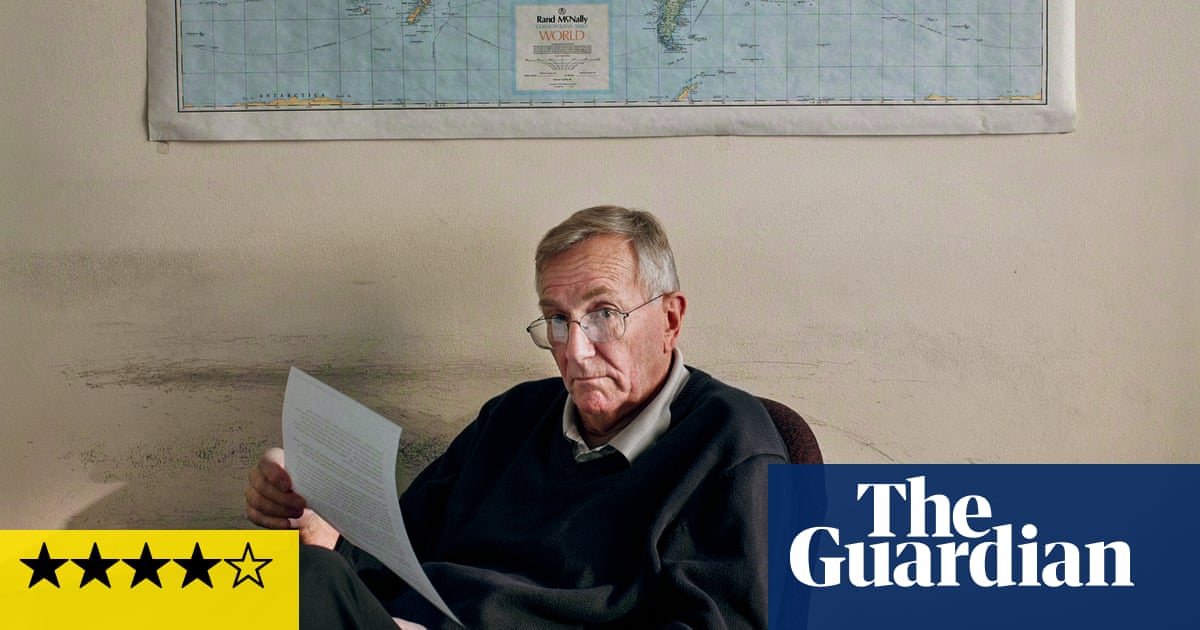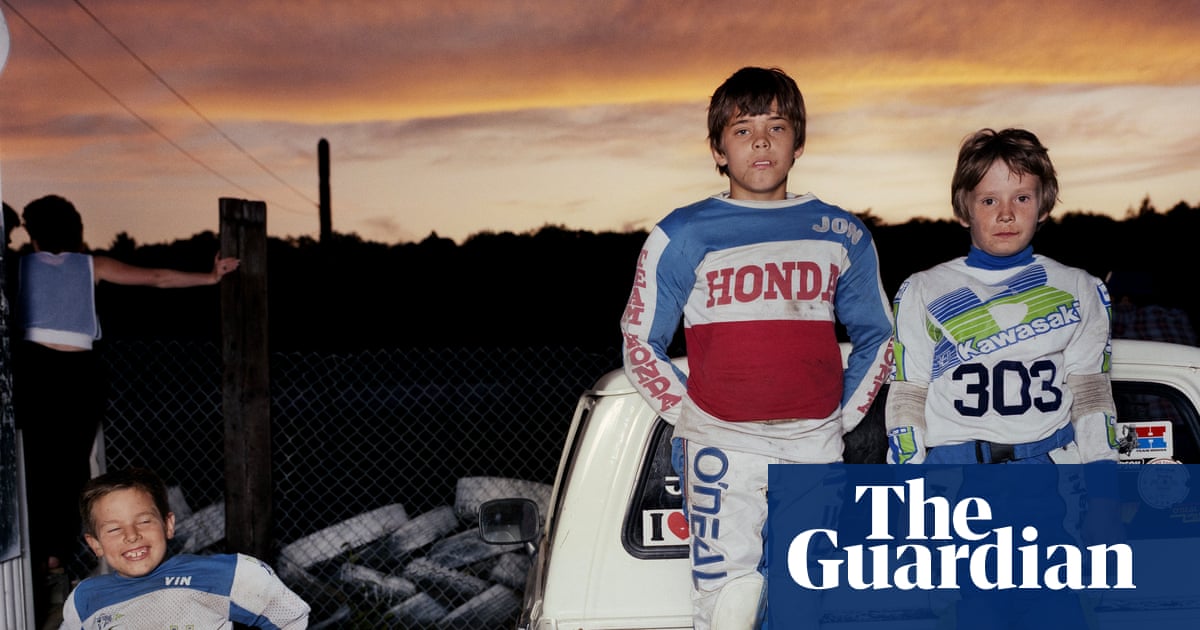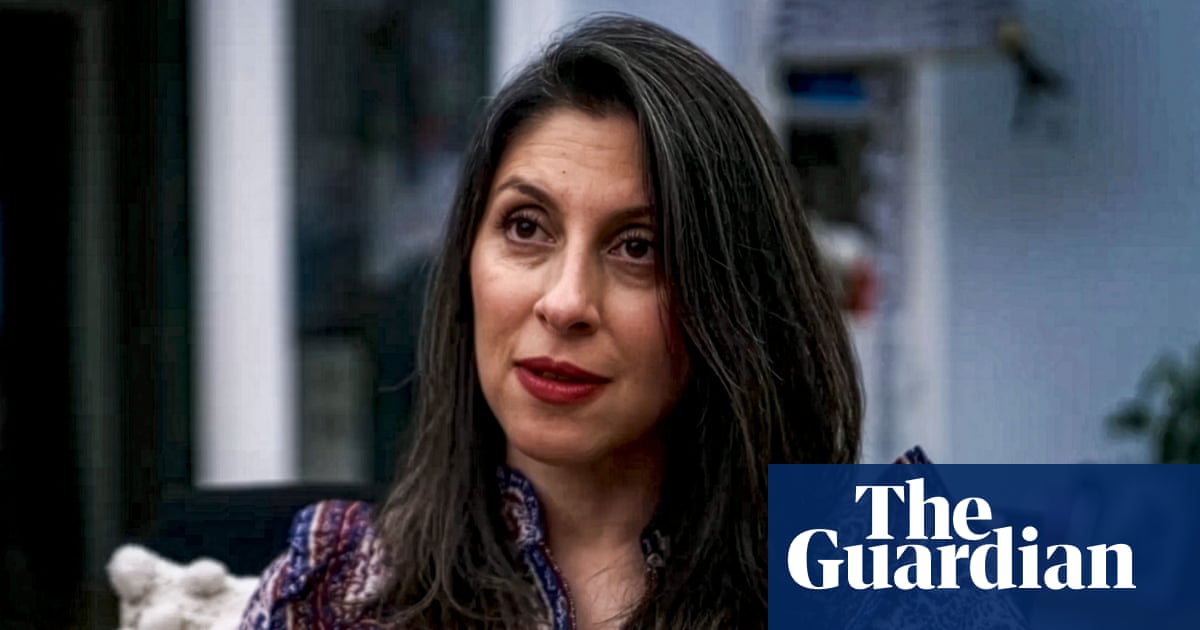“Now there’s a girl who’s comfortable in her own skin,” my father-in-law said about my daughter, his granddaughter. She was about one year old and we were watching her bounce happily in her high chair, egg smeared across both cheeks as she shoved pieces of fritter into her mouth.
I realised with pride it was true: she was comfortable. My pride was followed quickly by unease. How long had it been since I could say I was comfortable with myself?
My daughter is almost four now and I’ve thought of my father-in-law’s words many times since that day. She’s at a precious age, no longer a toddler and still just on the precipice of childhood proper. She interacts with the world without self-consciousness and has not yet learned that society may expect something different from her.
When she expresses hunger and when she eats, she does so with joyful abandon. When she takes a mouthful of something delicious we can see a whole-body response: she closes her eyes, tilts her head back and dances her shoulders up and down.
I find these moments most affecting when they happen in social settings with celebratory food. I’ve watched her so completely zero in on potato-on-a-stick at a football game that not even a big strong purple Wiggle appearing would have broken her focus. I’ve watched her happily dance back to a party table for her third, fourth, fifth slice of fairy bread. She is completely unburdened by self-surveillance.
Many girls will learn, if not explicitly taught then by cultural osmosis, the notion they shouldn’t be outwardly hungry. Whether a girl’s hunger is literally for food or it’s yearning for something greater in her life – a high-powered career, an unabashed artistic practice, a passionate affair – she is often taught to not be so honest in her expression of it.
Watching my daughter’s strong sense of self has forced me to reflect on my own adolescence through the early 2000s, when our wildly misogynistic pop culture filtered down to the schoolyard. I once overheard a high-school boyfriend say I looked ugly when I ate. Instead of dumping him, I simply stopped eating when we were together.
Later, in my 20s, when Instagram brought with it the first wave of diet culture masquerading as “wellness”, I was primed to try it all: juice cleanses, appetite-suppressing teas, “quitting” sugar. I once lied to a colleague that I was eating soup for lunch when I had, in fact, poured green juice into a bowl.
These memories are horrifying to me now and thank God for that. Thank God that in my daughter’s world there is no morality ascribed to food, there is no good or bad, or that most disgusting of office kitchen diet-speak, naughty. There is just desire and pleasure and satiety.
It might be a little trite to say that adults can learn from watching children interact with the world, and any parent knows the humbling and primal understanding of their child’s innocence and vulnerability. More surprising to me has been the realisation that by parenting I can also unlearn insidious lessons once taught to me and then internalised.
One way I have started actively practising this unlearning is by imagining myself repeating any self-loathing inner monologue out loud to my daughter. Especially as while I may have mostly escaped diet culture’s clutches, beauty culture is a little harder to outrun. Darling, mummy is tired because she’s spent [redacted] hours comparing her face to celebrities shilling beauty products. Imagine telling her how much screen time I’ve devoted to Googling cosmetic solutions instead of, say, going outside or making art or experiencing even a single sensory pleasure. Absurd!
I am determined to model self-respect and self-love, to build for my daughter a strong defence against the world which one day soon will come crashing in. Living as I always deserved to in the first place will show her that she deserves it too. This should apply to all of parenting, really: the responsibility and privilege of it is immense.
My daughter has recently entered a phase of pickiness around dinners. Frustrating as it may be, and I won’t pretend I exhibit the greatest patience in these moments – not even close – I’m comforted that even this developmental phase is about exercising a level of autonomy and power in her small world. It’s something I hope she will always feel empowered to do.
One night recently I placed dinner in front of her and she told me with a frown, “you don’t make it yummy”. I can’t take offence, even for a second. I’m buoyed that she hasn’t learned to protect anyone else’s feelings first. She knows only what she likes, and she likes it yummy.
-
Léa Antigny is a writer based in Sydney

.png) 1 month ago
99
1 month ago
99


